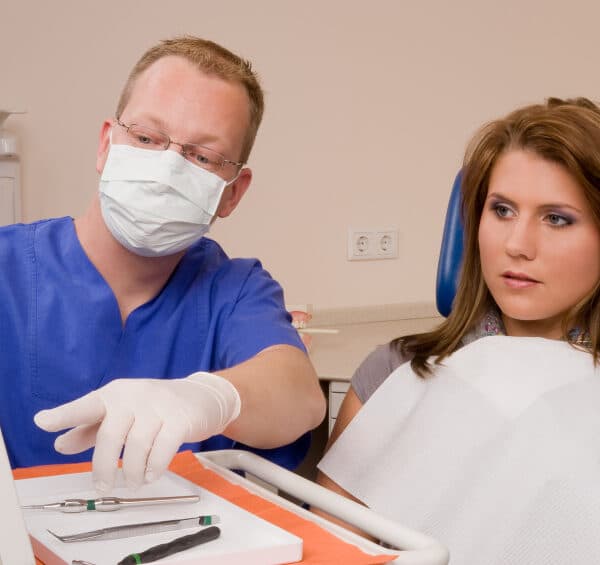
It also says: “Healthcare professionals must also be open and honest with their colleagues, employers and relevant organisations, and take part in reviews and investigations when requested.”
OK, so that’s a lot of words, to say what exactly? Well, the definition of Candour is – The quality of being open, honest and frank.
In the moment!
Sometimes, things go wrong! We don’t have perfect days every day. When they do, we have to be honest about it and inform patients of the issue, what the outcome might be and how we might rectify the problem. This might mean referring the patient outside the practice for specialist treatment. In the moment, we can’t be secretive about problems, you might well think you’ve got away with it without someone noticing. At the time of happening, we have to say something rather than keep quiet, and the sentence usually starts with ‘Sorry’!
It might be someone else’s clinical skills, or honesty, which is in question. It’s best to take the bull by the horns, as the saying goes, and raise the issue before it is too late. This is not an easy thing to do, but keeping quiet makes you complicit when it comes to the meaning of ‘candour’.
Frankness and the GDC – our responsibilities
It is about being transparent in all dealings with patients and colleagues, but really goes a step further because direct action is called for if you have concerns about your own treatment – if something is going wrong, or about colleagues – if you think harm might be taking place. The GDC’s own ethical guidance, ‘Standards for the Dental Team’, makes very clear the responsibility registrants have when working and communicating with patients. There are three sections in which guidance relates to candour –
- Principle Two: Communicate effectively with patients.
- Principle Five: Have a clear and effective complaints procedure.
- Principle Six: Work with colleagues in a way that is in patients’ best interests.
The GDC will be issuing its own supplementary guidance on “the duty of candour”. However, the GDC’s Chief Executive and Registrar, Evlynne Gilvarry, said:
“Openness and honesty is vital to ensuring a successful relationship between dental professionals and their patients. GDC guidance already very clearly sets out what’s expected of dental professionals, but we will be working to strengthen this through new guidance.”




